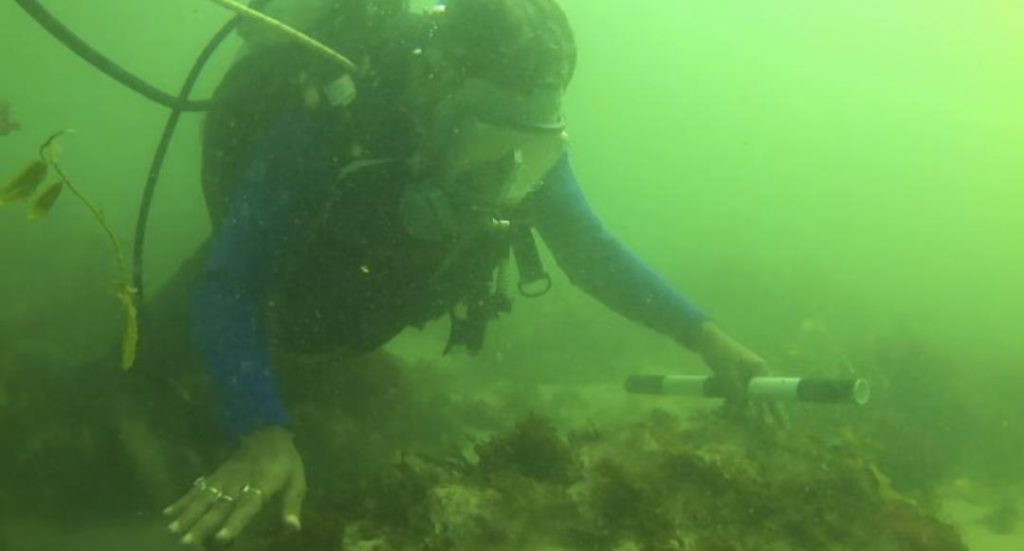
8,500-yr-old Stone Age settlement discovered under sea in Denmark
In a groundbreaking archaeological discovery, researchers have uncovered an ancient Stone Age settlement hidden beneath the waves in Denmark’s Bay of Aarhus. The submerged city, dating back an astonishing 8,500 years, has been dubbed “Stone Age Atlantis” by underwater archaeologist Peter Moe Astrup, who described the site as a “time capsule” where “everything was preserved in an oxygen-free environment” and “time just stopped.”
The remarkable discovery was made possible through advanced underwater exploration techniques and collaboration between researchers from the University of Aarhus and the National Museum of Denmark. According to the findings, the Stone Age settlement was submerged by rising sea levels, which flooded the area and preserved the ancient city for millennia.
Located approximately 10 meters (33 feet) beneath the surface of the Bay of Aarhus, the settlement is believed to have been inhabited by hunter-gatherers during the Mesolithic period, around 8,500 years ago. The site is remarkably well-preserved, with animal bones, stone tools, arrowheads, and other artifacts still intact and remarkably well-preserved.
The discovery of Stone Age Atlantis provides a unique window into the lives of our ancient ancestors, offering insights into their daily lives, social structures, and technological advancements. The preserved artifacts and remains offer a tangible link to the past, allowing researchers to reconstruct the history of this ancient community.
According to Peter Moe Astrup, the lead archaeologist on the project, the discovery is a significant breakthrough in the field of underwater archaeology. “The site is a time capsule, where time just stopped,” he said. “The oxygen-free environment has preserved everything, from the animal bones to the stone tools, in a way that is simply remarkable.”
The team used advanced sonar and underwater exploration techniques to locate the site, which was previously unknown to archaeologists. They then employed specialized equipment, including remotely operated vehicles (ROVs), to carefully excavate and document the site.
The discovery of Stone Age Atlantis is not only significant for archaeologists but also for the general public. It provides a fascinating glimpse into the lives of our ancient ancestors, offering a tangible connection to the past. The site is expected to be a major tourist attraction in the future, providing an unparalleled opportunity for people to explore and learn about ancient history.
The discovery also highlights the importance of preserving our cultural heritage and the need for continued research and exploration. As Peter Moe Astrup noted, “This discovery is a reminder of the importance of protecting our cultural heritage and the need for continued research and exploration.”
In conclusion, the discovery of Stone Age Atlantis is a remarkable archaeological find that sheds new light on the lives of our ancient ancestors. The site provides a unique window into the past, offering insights into the daily lives, social structures, and technological advancements of our ancestors. As researchers continue to explore and document the site, we can expect to learn more about this remarkable ancient civilization and the secrets they left behind.






